Hugh Cole came out as a gay man in 1980 after leaving his hometown of Chicago to attend university. It was a time when few came out—no one else from his community ever had. But in a new setting, and after years of hiding, Cole felt emboldened to freely express himself.
“I started to challenge the mental model I held of non-belonging and shifted toward celebrating and taking pride in who I was,” says Cole, adjunct assistant professor of leadership. “It called for me to be brave and true to self in ways that were transformative. That continues in the work that I do at Booth.”
Since 2022, he has taught interpersonal dynamics at the Chicago Booth School of Business. Cole, who also serves as a psychotherapist at the Chicago Pride Center and the Howard Brown Health Center, said that his class is a celebration of diversity. It’s also an opportunity to foster inclusivity and acceptance, no matter who you are and the identities you hold, among the business leaders of tomorrow.
“My passion for interpersonal dynamics has grown out of my history and my personal commitment to connecting across differences,” says Cole. “I noticed that my journey and its theme of belonging could be transformative for other people who also had questions about belonging. What I love about the model of interpersonal dynamics at Booth is that we try to make the experience of these differences speakable.”
After Cole came out as gay, he found his own sense of belonging in the LGBTQ+ community, embarking on a decades-long journey of service while discovering more about his own humanity.
Cole was working as an actor in New York in 1988 when he started volunteering with the AIDS service organization Gay Men’s Health Crisis (now GMHC) during the AIDS epidemic. He was partnered with men who were scared and dying, often abandoned by others. They had been diagnosed with a disease that had no known cure.
Shared moments of being human
In these times, long before he became a psychotherapist, Cole saw the transformational power of simply being with someone and listening to understand how they feel, one human to another. No bias, no defensiveness, simply shared moments of humanity.
“That impacted the trajectory of my life in profound ways,” Cole says. “It trained me to be brave in really vulnerable situations. I became skilled at partnering with people at the end of their life and celebrating those moments while they were still living. It taught me this concept of the beginner’s mind, which I now try to bring to everything I do: Can I show up as though I’ve never met this moment before?”
After years away from home, Cole returned to Chicago to reconnect with his family in the early 2000s. For the first time, he felt comfortable as himself around them—it allowed him to deeply connect and belong with them in a new way.
During this time, Cole began planning the next chapter of his life. He took his first social work class at Harold Washington College and was fascinated—he learned concepts and language that described what he had felt and learned across his life’s journey. There, Cole met his future mentor, who taught him he could apply what he learned throughout his life and volunteer experiences to help even more people. Inspired by that prospect, Cole went on to earn his master of social work from Loyola University.
In 2007, Cole began working at the LGBTQ+ healthcare and social services provider Howard Brown in Chicago, supporting people with substance abuse problems. He led group therapy sessions and saw how powerful it could be when members openly expressed their feelings to a supportive group and connect more fully—work he continues to this day.
This is one of the main lessons Cole has learned on his journey: When you can connect across differences—when you come as you are and allow others to be who they are—you feel a sense of belonging in the world and help others feel like they belong too.
“I’ve learned that not only do I belong, but to a certain degree, belonging was always a choice that I didn’t see was available to me,” Cole says. “This is so transformative for people who have learned in subtle ways—and not so subtle ways—that they don’t belong.”
At Booth, Cole loves that students, professors, and faculty embrace differences and honor dissenting views.
“This goes back to the idea of being enriched and strengthened by being curious about a different perspective,” Cole says. “We don’t have to be threatened by it.”
Sense of belonging
Cole wants to drive this point home more deeply in interpersonal dynamics, which he believes translates perfectly to business leadership. If leaders can allow for differences while still connecting and working with people, they can more deeply understand themselves and the world. They can welcome others as they are without fostering feelings of fear or rejection, and create a sense of belonging in their organization that fosters the brave space where risks can be taken and innovation fostered.
“It’s a rich win-win opportunity all the way around,” Cole says. “But it also calls us to look at the biases that we hold and ask, ‘How are my choices working for me in my leadership? In my organization?’ It calls us to have the humility to invite dissenting opinions and be challenged by them, so you can think in an expansive way.”
Cole hopes that these ideas and his class can be brought to as many people as possible. In a world that often feels divided, Cole believes that embracing difference is what the world needs.
“For our students at Booth, it’s such a brave thing to think about the biases they hold and how they can reach past them,” Cole says. “Some of the students that I’ve worked with have been transformed in their thinking and feeling, and that will continue after Booth. It’s my wish that we can all connect through our differences with interest, curiosity, and acceptance.”
This story originally appeared on the Chicago Booth School of Business website.
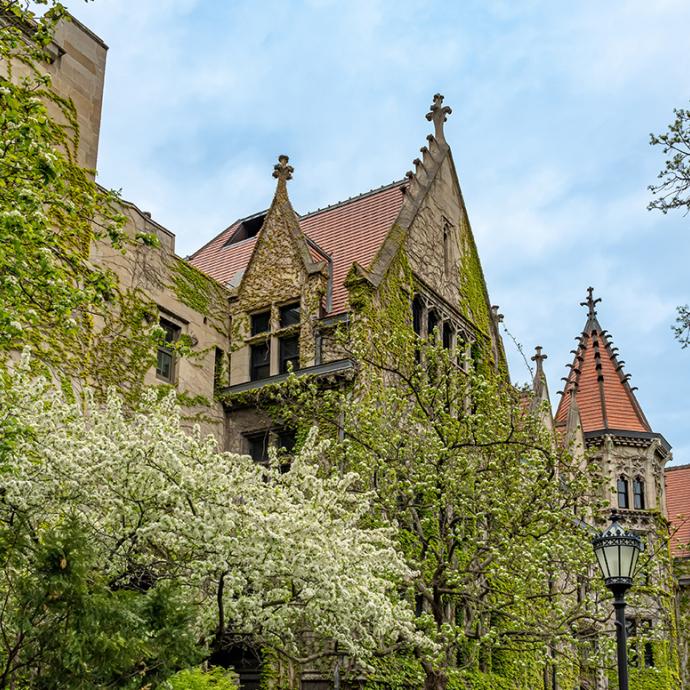
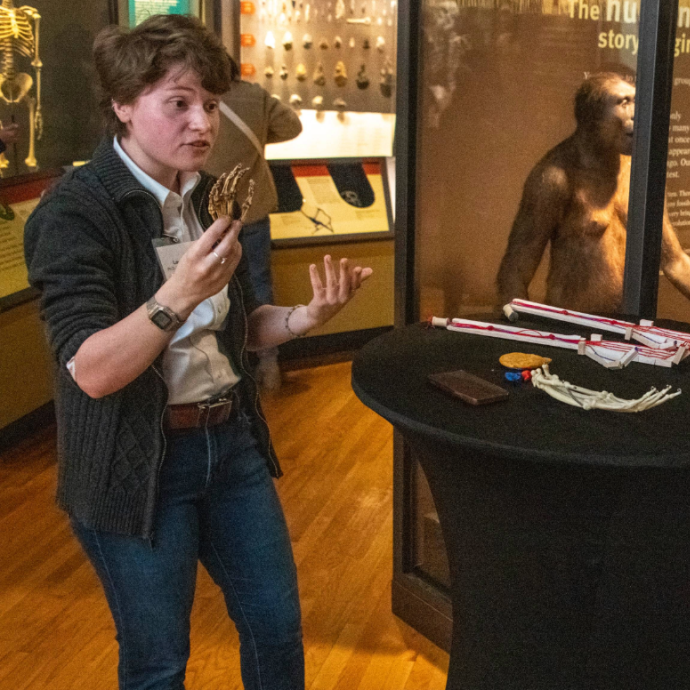
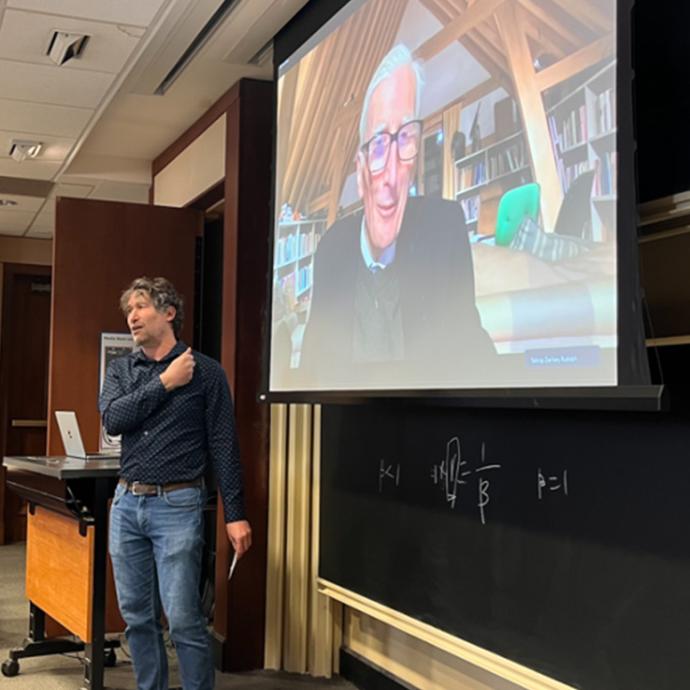
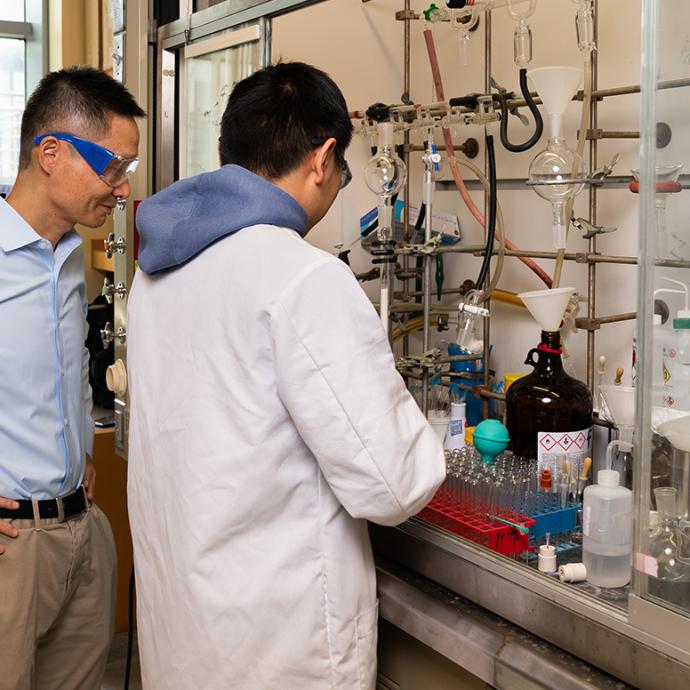

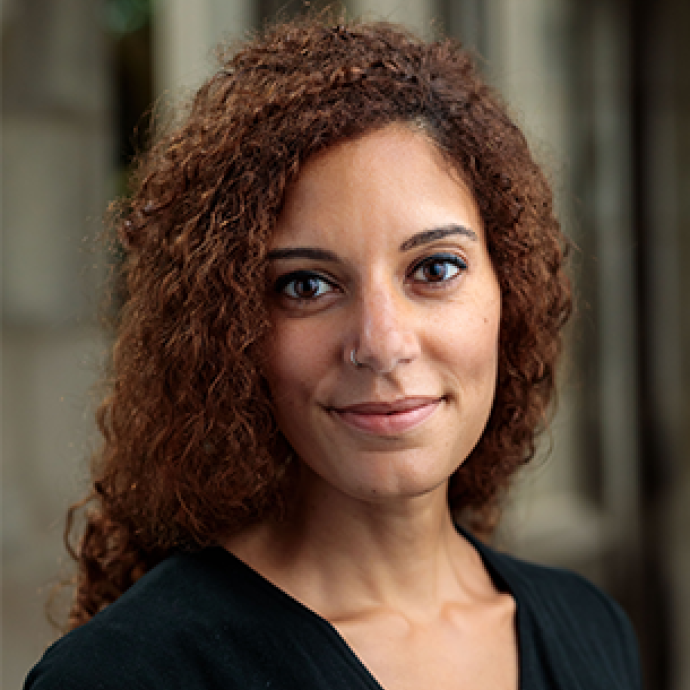
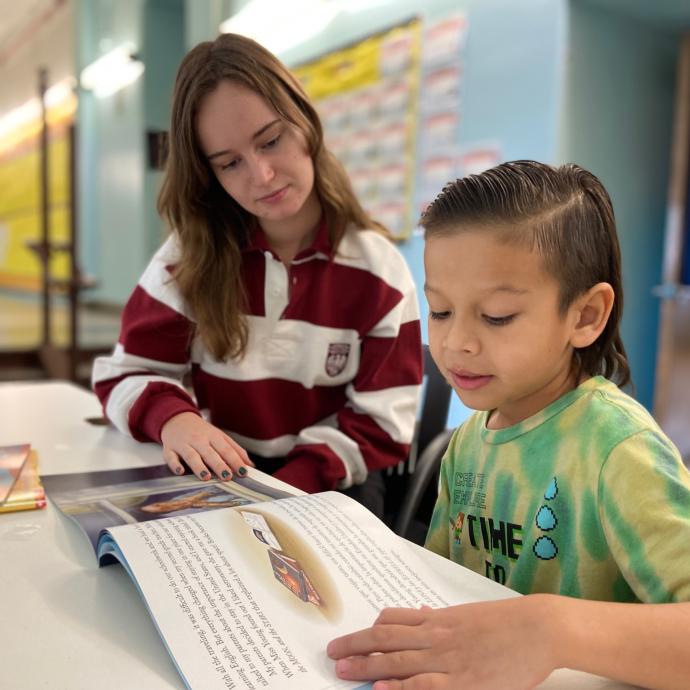


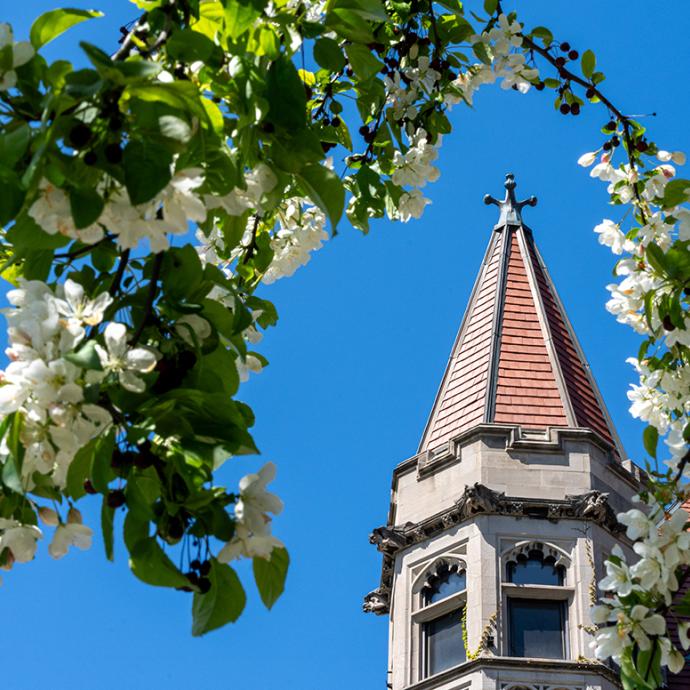
 —Prof. Chuan He
—Prof. Chuan He
